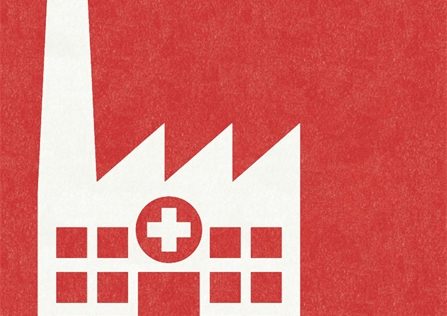
From Steel to Health Care to Broke
In Braddock, Pennsylvania – home to America’s first mill for the mass production of steel – more than a third of residents now live beneath the poverty line. How did Braddock go from a steel town to a hospital town to broke?




